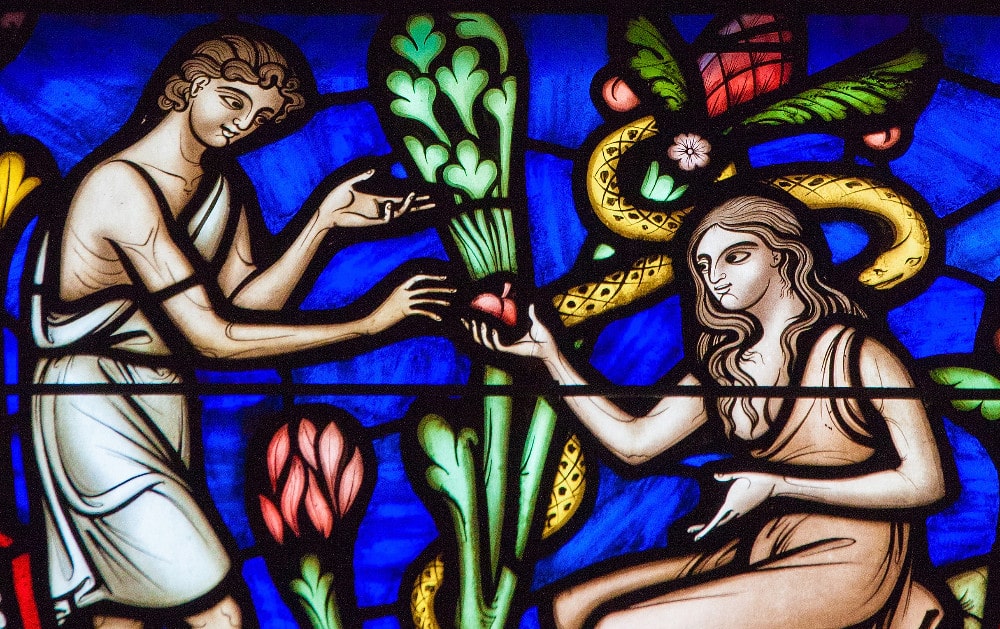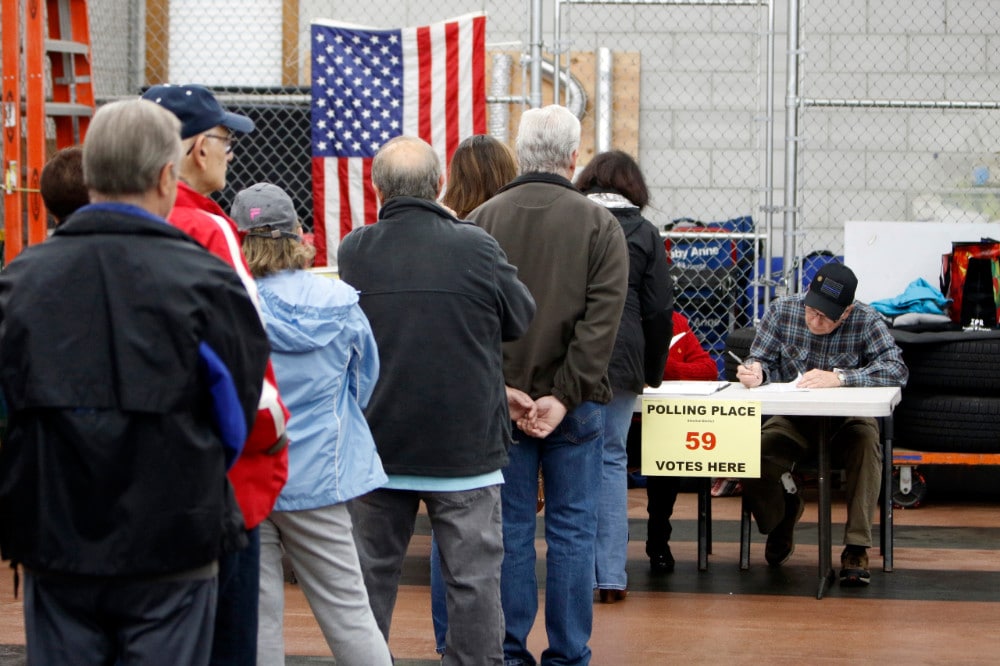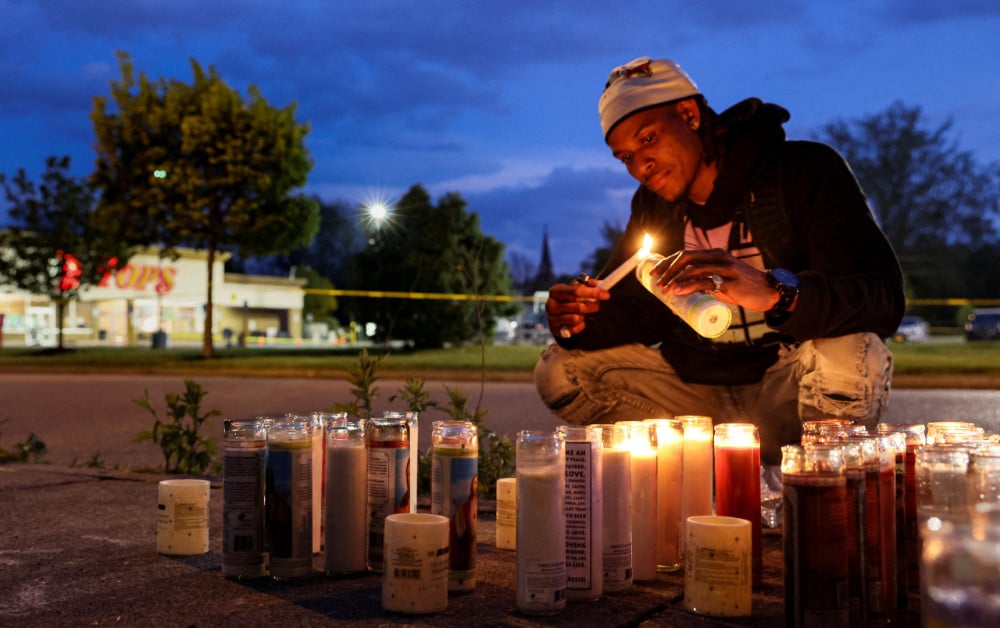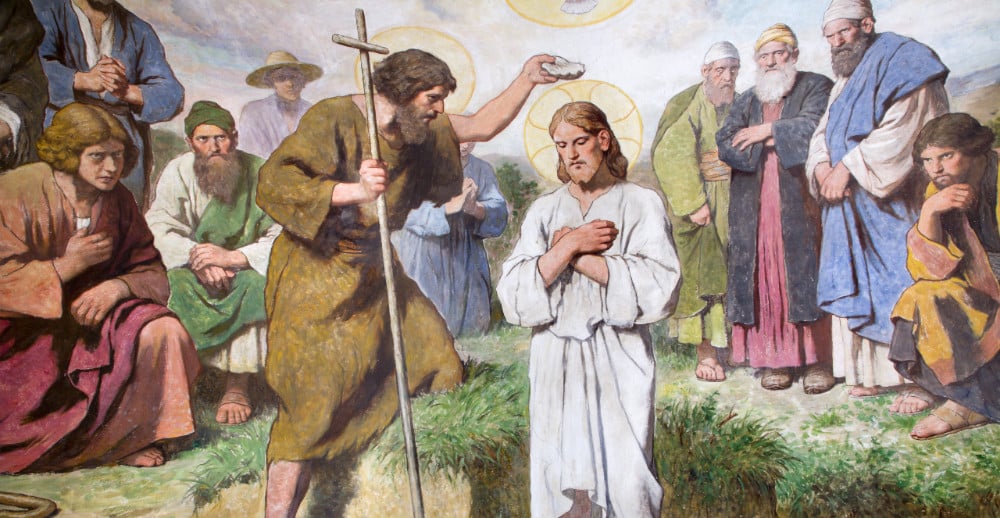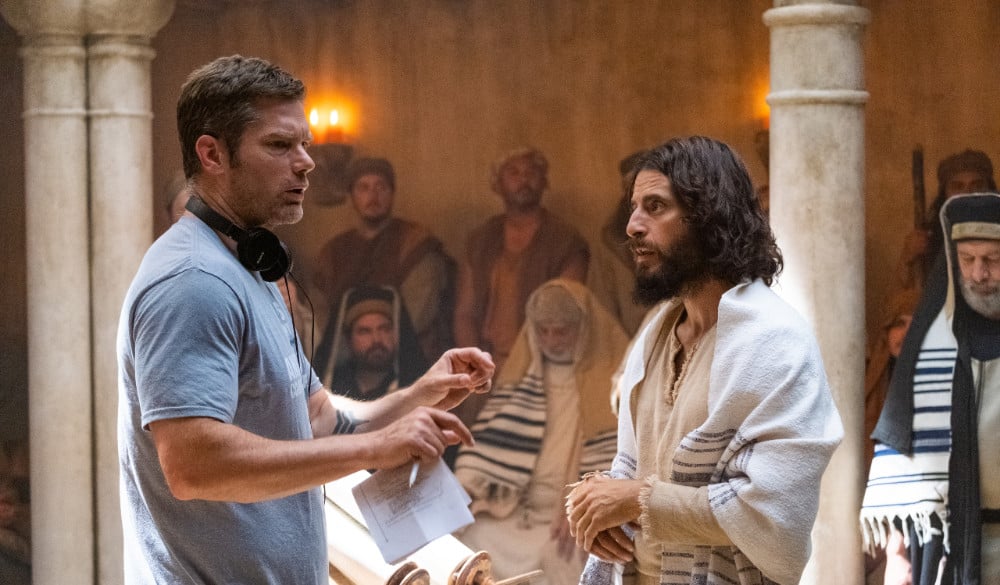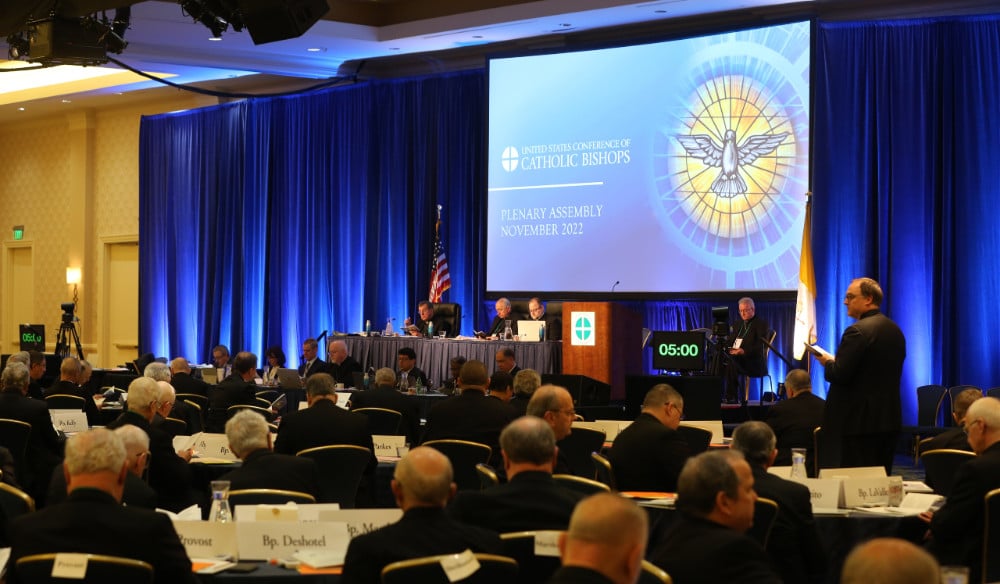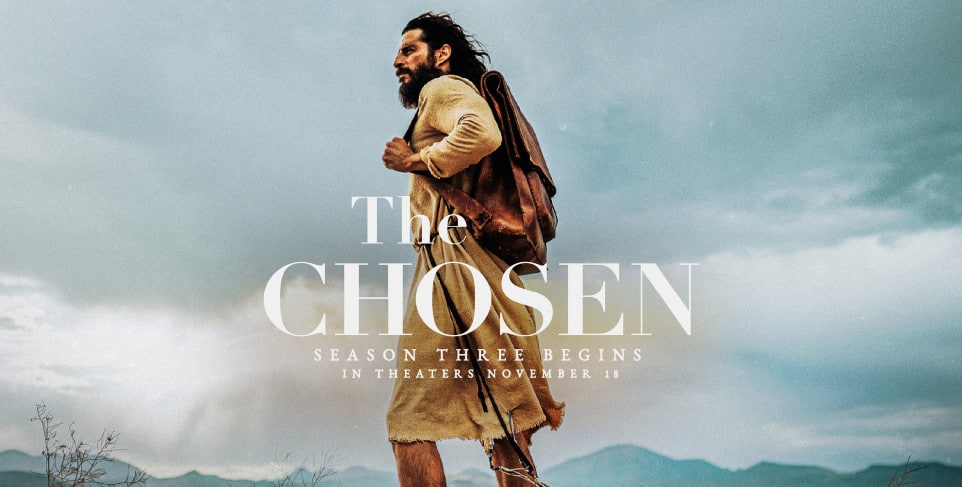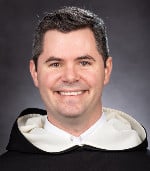 Having just concluded the 2022 midterm elections, discussions of 2024 presidential candidates feel worse than seeing Christmas decorations for sale in stores before Halloween passes. The electoral exhaustion many Americans feel — or worse still, the rage that overwhelms many of us at the mere mention of this or that politician’s name — leads some to conclude that, surely, a loving God would not have intended this. Politics must be the result of sin.
Having just concluded the 2022 midterm elections, discussions of 2024 presidential candidates feel worse than seeing Christmas decorations for sale in stores before Halloween passes. The electoral exhaustion many Americans feel — or worse still, the rage that overwhelms many of us at the mere mention of this or that politician’s name — leads some to conclude that, surely, a loving God would not have intended this. Politics must be the result of sin.
The question was raised recently at a panel discussion called “The Creation of Politics” at the annual conference hosted by the de Nicola Center for Ethics and Culture at the University of Notre Dame. And for me, in my post-midterm-election musings, the conference — and whether or not politics existed in Eden — was the salve I needed.
Our first parents were created in a state of harmony. In “The City of God,” St. Augustine describes Adam and Eve, saying, “Their love to God was unclouded, and their mutual affection was that of faithful and sincere marriage; and from this love flowed a wonderful delight, because they always enjoyed what was loved.” The first state of innocence, before original sin, was marked by equilibrium, balance and peace. In fact, none of the passions disturbed Adam and Eve. St. Augustine says, “Their avoidance of sin was tranquil; and, so long as it was maintained, no other ill at all could invade them and bring sorrow.”
For his part, reflecting on this state of humanity before the Fall, Pope St. John Paul II writes, “Original happiness speaks to us of the beginning of man, who emerged from love and initiated love.” Before their act of disobedience before God, our first parents lived a life where their passions were subject to reason; they were happy. St. Thomas Aquinas explains, “In the state of innocence, the inferior appetite was wholly subject to reason: so that in that state the passions of the soul existed only as consequent upon the judgment of reason.” Before the Fall, human beings didn’t have any unruly feelings or blind emotions.
So what would it look like to have politics in such a state? Is it possible to imagine the contest for governance without unruly passions? If there was perfect order before the Fall, would politics even have been necessary?
St. Thomas Aquinas says yes. Agreeing in part with Aristotle, Aquinas thinks that man is a political animal by nature; that human beings, because they are human beings, are inherently political. “Man is naturally a civic and social animal,” he wrote in his famous Summa Theologiae. And the statement is as jarring as it is clear. It’s a tough thing to believe, since our experience of politics is often so dark that most people today are inclined to describe politics as a necessary evil.
But for St. Thomas Aquinas, even before original sin, there would have been politics. So for him, and many other Christian thinkers, politics is a constitutive human activity. So without all the underhanded attacks and carefully coordinated character assassinations, what would politics do?
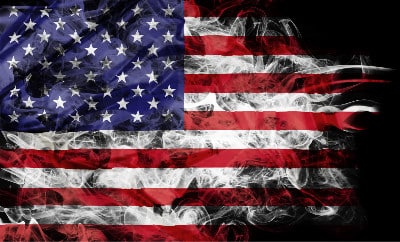
Even without sin, politics would have existed as a coordination toward the common good. There would have been in Eden a peaceful, mutual ordering of persons and goods, allowing for their full flourishing. So rather than think that politics is a fruit of sin and dismiss political discourse, far better to realize that we are by nature political and that this requires our participation in cooperation toward the common good.
Of course, our politics is wounded by the disorder our sins cause. But here again, Aquinas helps us. For him, one of the chief benefits of politics is friendship. When we think of politics, our minds often turn to animosity, rivalry and alienation. Unlike Cicero, who believed politics ruined friendship, Aquinas sees the possibility for friendships to grow in the shared pursuit of the common good.
While many distinctions and nuances may be added here to these ideas about politics and friendship, I’ll add one last thought. The most delightful aspect of the de Nicola conference was seeing and reveling in shared friendships. With scholars and students from across the globe gathering to consider God, his goodness and his creation, those present were able to share delight in what Gerard Manley Hopkins termed the “dearest freshness deep down things.”
It’s something of a model — not just for Catholic intellectual life, but for all of us, and for the politics that lives at the heart of who we are, in our very nature as human beings.
Father Patrick Briscoe, OP, is editor of Our Sunday Visitor. Follow him on Twitter @PatrickMaryOP.

